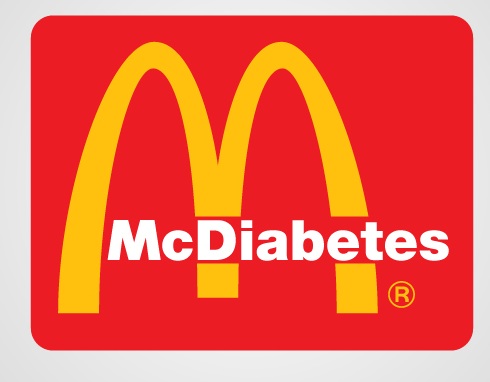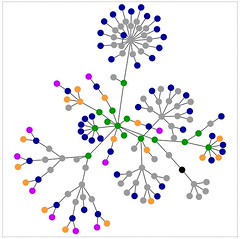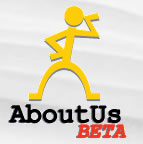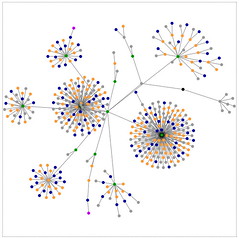Classroom ideas
I want all the children I teach to develop a love of learning, not for ticks, badges or scores, but for the buzz of learning.
from: Robert Drummond » Blog Archive » 20% time Robert is giving his pupils free learning time in the same way Google developers get to follow their own interests, I am looking forward to see how this goes.
Here is the exam. Write your own questions. Write your own answers.
from: Seth’s Blog » Blog Archive » Tyler Cowen’s Unusual Final Exam I guess it would take a bit of work to get this going in class, but echo the 20% for me.
When you click on ‘Sign in with Glow’ you will be taken to the Glow login page. Here you can login to Glow using your usual username and password. At Glew we won’t know these details and they stay secure with you.
from: Using Glow to make a Glew Account | Glew.org.uk Charlie Love makes Glew an even more interesting choice. If I was in class I’d give it a go.
Online learning
“Mechanical MOOC” – a free and open introductory course in the programming language Python that weaves together existing resources (content, Web-based study groups, quizzes and so on).
from: The Mechanical MOOC Audrey Watters point to this new MOOC, No degrees or credits or certificates or letters of achievement will be awarded, if I though it would only involve a couploe of hours a week I’d join up.
Mozilla wants to create a generation of webmakers.
from: What we’re up to with Mozilla Webmaker (Open) badges. | dougbelshaw.com/blog Doug now works for Mozilla Foundation. I am all for making more webmakers, and am interested in how badges play out, less sure of badges effectiveness (see the first quote in this post). I suspect badges need to be augmented by personal or social media, I didn’t find codeacedemy badges much of an incentive. I am looking forward to seeing Doug speak at eAssessment Scotland this Friday.
An introduction for new programmers
So easy your human companion could do it too!
from: JavaScript for Cats looks pretty useful, I think I am involved in an intro to HTML, CSS and baby steps JavaScript for computing teacher later this year.
Odds and Ends
Alan O’Donohoe who has produced some great AudioBoos (some of which he kindly tags EDUtalk), is looking for donations to get a pro account:
Audioboo Appeal « Teach Computing.
What I am questioning, however, is whether the logic of Capital and private enterprise should be applied to the institutions of our state. Some things, after all, are public goods.
from: Some thoughts on time, performativity, and the State. | dougbelshaw.com/blog a good question.
Tuttle SVC: Should Teachers Consider TED a Reliable Source? Why, Exactly?
Techy





 If you want to see what I
If you want to see what I  And an interesting looking wiki
And an interesting looking wiki 